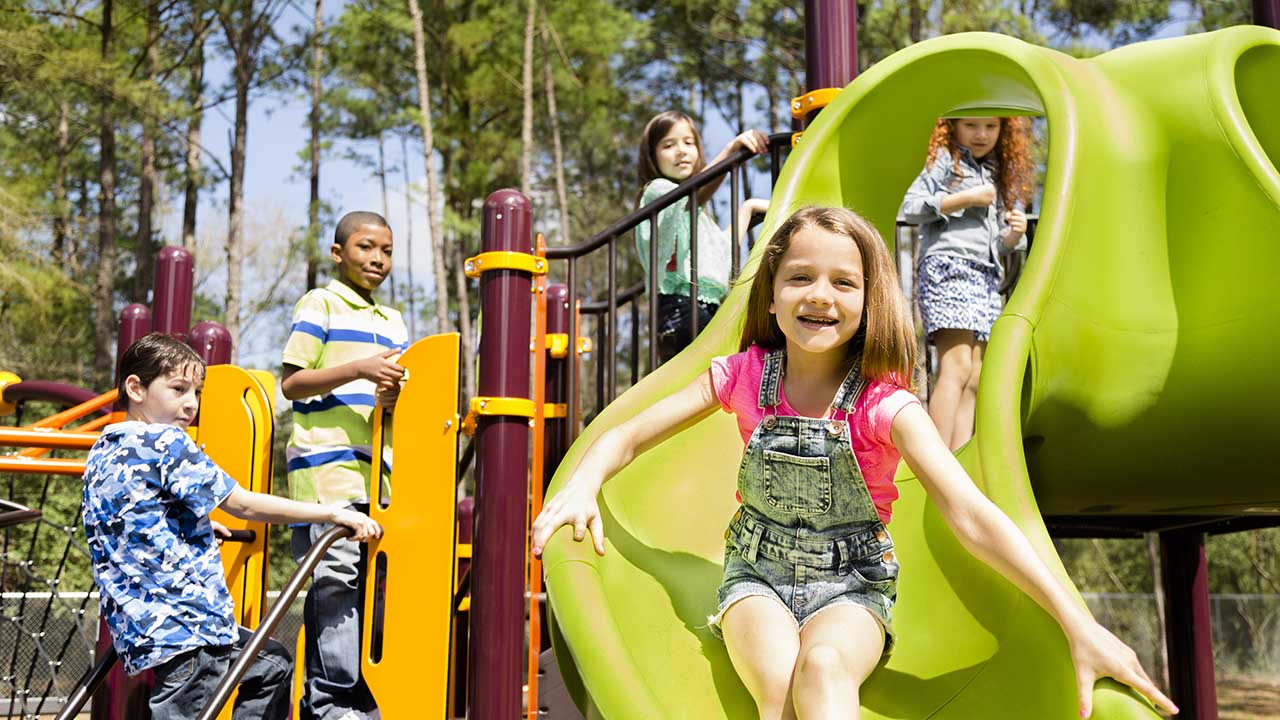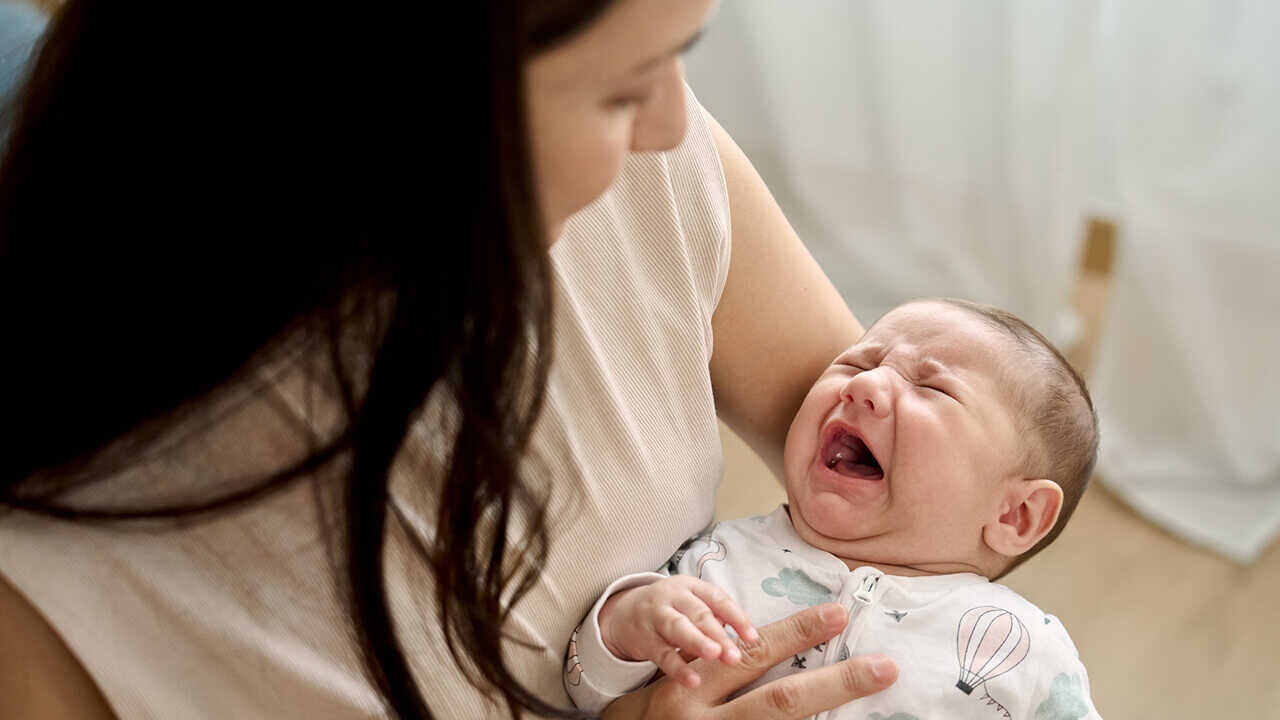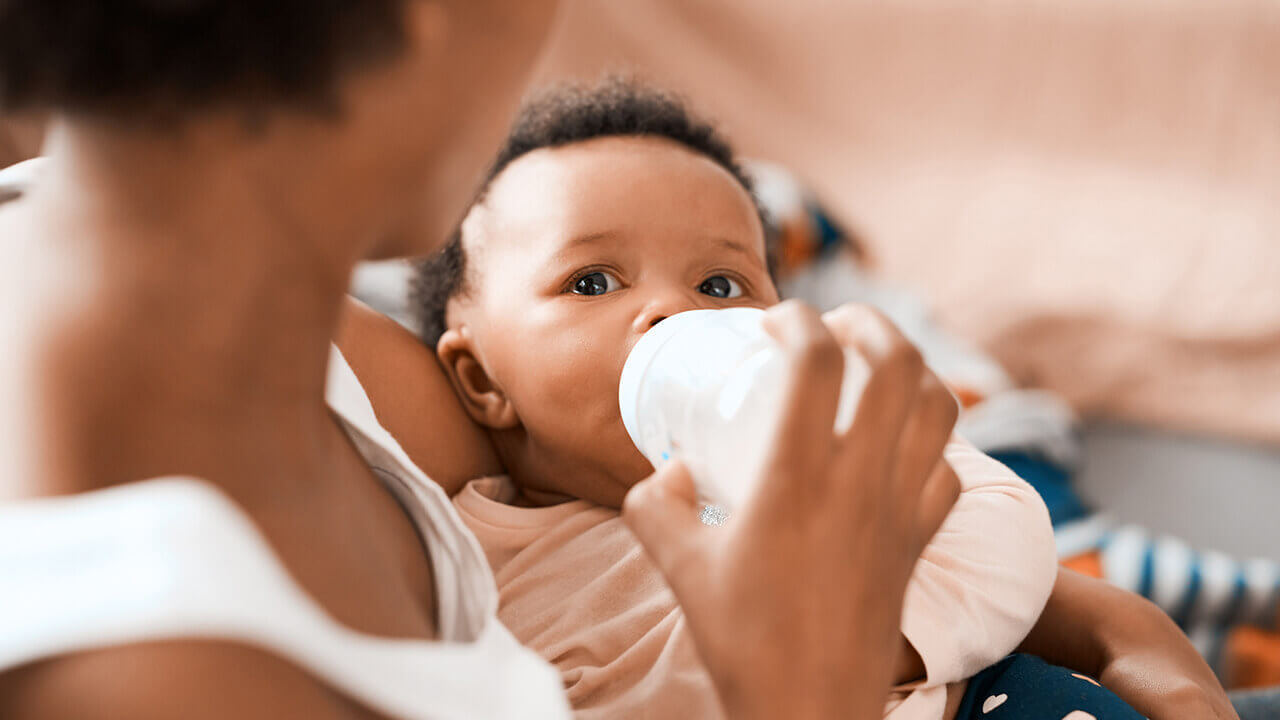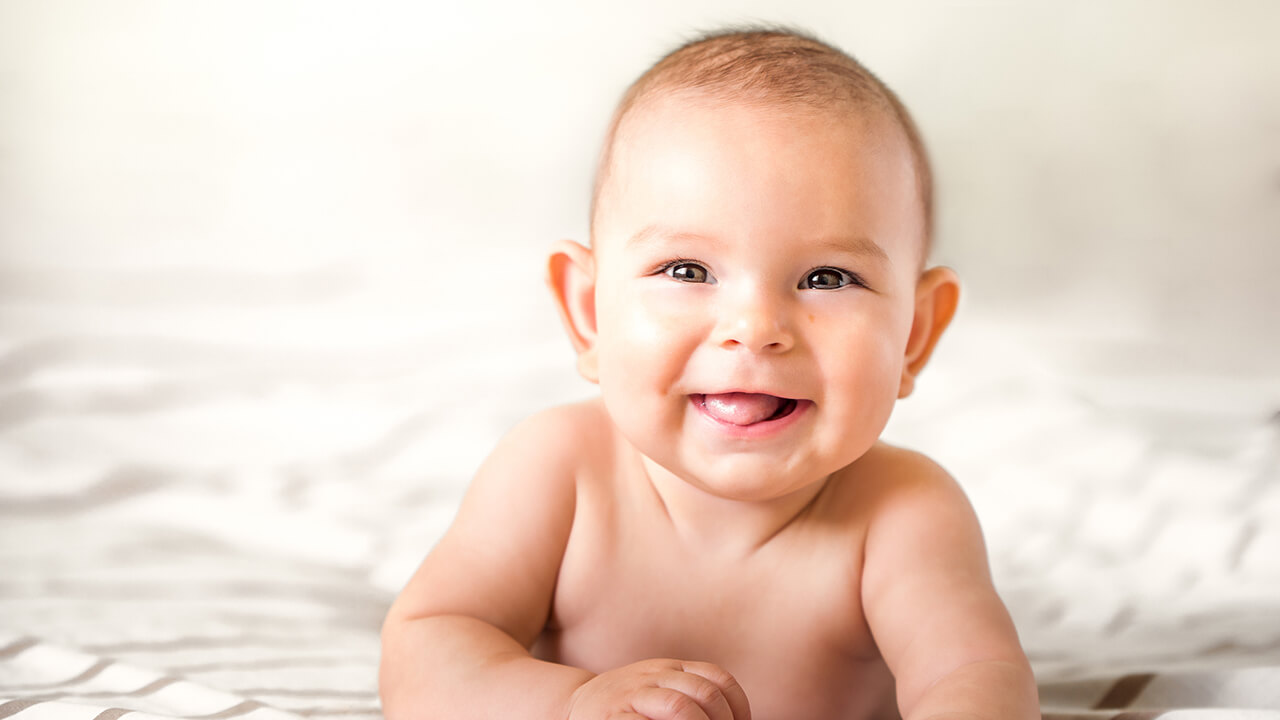

Summer is the best time to get out of the house to enjoy warmth and sunshine. After months of cold weather, it’s just what the doctor ordered! When you’re eager for the warm weather, it can be hard to remember to practice safety. Here are some things you should be conscious of throughout the next couple of months to ensure you and your family have a safe summer full of fun!
Watch for signs of heat-related illness such as muscle cramps and heat exhaustion. Heat exhaustion is the body’s response to excessive loss of water and salt, usually through heavy sweating. Symptoms include:
According to Playground Medic, an organization dedicated to making playgrounds safe, equipment can reach 148 degrees Fahrenheit in the direct sun when air temperatures are warm enough, while children's skin will burn at a temperature of 130 degrees Fahrenheit.
National Program for Playground Safety’s year-round playground safety tips:
How hot is too hot?
Summer can bring hot temperatures we aren’t used to in Wisconsin, and when temps get too high, things can quickly turn dangerous.Heat-related illness
On extremely hot days, it’s best to stay indoors if possible. Air-conditioning is preferred, but if a fan is the only option, mist yourself with cool water to help your body temperature cool down.Watch for signs of heat-related illness such as muscle cramps and heat exhaustion. Heat exhaustion is the body’s response to excessive loss of water and salt, usually through heavy sweating. Symptoms include:
- Headache
- Nausea
- Vomiting
- Dizziness
- Fainting
- Feeling weak
- Rapid
- Shallow breathing
- Fast, weak pulse
- Cold, pale, clammy skin
- Get out of the sun, lie down and rest in a cool place.
- Drink fluids — water or a sports drink.
- Visit your doctor or an emergency room if symptoms continue or get worse after one hour.
Heat stroke
Heat stroke occurs when the body can no longer cool down. The body’s temperature rises rapidly to 105 degrees Fahrenheit or higher and loses the ability to sweat. Other symptoms include:- Red, hot, dry skin
- Rapid, strong pulse
- Dizziness
- Throbbing headache
- Nausea
- Confusion
- Unconsciousness
- Oral temperature of 103.1 degrees Fahrenheit or higher
- Call for emergency medical assistance.
- Get out of the sun; lie down and rest in a cool place.
- Remove as much clothing as possible.
- Shower, bathe or sponge off with cool water.
- Do not give a child anything to drink due to the risk of inhaling liquid into his or her lungs.
Playground safety
As children head outdoors in the summer months, their neighborhood playground is likely a popular destination. But parents should take caution when their children play on the equipment on hot summer days.According to Playground Medic, an organization dedicated to making playgrounds safe, equipment can reach 148 degrees Fahrenheit in the direct sun when air temperatures are warm enough, while children's skin will burn at a temperature of 130 degrees Fahrenheit.
National Program for Playground Safety’s year-round playground safety tips:
- Ensure adult supervision is present.
- Make sure children are playing on age-appropriate equipment - preschoolers (ages 2 to 5) and school-age children (ages 5 to 12) are developmentally different and need different equipment.
- Check ground surfaces to make sure they'll offer protection in case of a fall.
- Acceptable surfaces include: wood fiber or mulch, pea gravel, sand, poured-in-place rubber, rubber mats or rubber tiles.
- Non-acceptable surfaces include: concrete, asphalt, grass, blacktop, packed dirt or rocks.
- Check to make sure playground equipment is anchored safely in the ground and free of rust, splinters and missing parts.
- All equipment pieces are in good working order.
- S-hooks are entirely closed.
- Bolts are not protruding.
- No exposed footings.
- Ropes used as part of playground equipment should be secured on both ends.
- Bicycle helmets should not be worn while playing on the equipment. They can be easily caught and may cause strangulation.
- Children should wear appropriate clothing without hanging strings or other objects and closed-toe-shoes.
- Take proper sun protection precautions.
- Protect children from extreme temperatures. A heat index at or above 90 degrees may pose a health risk to children. It's also important to keep children well hydrated.
Water activities
- Keep your kids safe in the water by enrolling them in swimming lessons.
- Always swim with a buddy and never allow anyone to swim alone.
- Actively supervise kids whenever around the water—even if lifeguards are present—and teach children to always ask permission to go near water.
- Have young children or inexperienced swimmers wear life jackets around water.
- If you go boating, wear a life jacket. Most boating fatalities occur from drowning.
Fireworks
- Light fireworks outside and away from people, houses and flammable materials.
- Be sure to light one device at a time and stay a safe distance away after lighting.
- Don’t allow children to handle fireworks and supervise older children.
- Do not allow any running or playing while fireworks are being used.
- Do not try to re-light or handle fireworks that do not work. Instead, soak them in water and discard safely.
Insect bite prevention
- To prevent tick bites, wear light-colored clothing, so you can spot any ticks easily.
- If a tick is on you, use a tweezers to get as much of the tick out as possible.
- Apply insect repellent containing 10 to 30 percent DEET to clothes and exposed skin, and apply permethrin, which kills ticks on contact, to clothes.
- It is not recommended to use repellent that contains more than 30 percent DEET.
- Products with approximately 10 percent DEET last about 2 hours.
- Products with approximately 25 percent DEET last about 5 hours.
Grilling
- The grill should be placed well away from the home, deck railings and out from under eaves and overhanging branches.
- When you are finished using a charcoal grill, let the coals completely cool before placing them in a metal container.
- If you have a propane grill, be sure to check the gas tank hose for leaks before using it for the first time each year. You can do this by applying a light soap and water solution to the hose. If it releases bubbles, it is leaking. If your grill has a gas leak, turn off the gas tank and grill. If the leak stops, get the grill serviced by a professional before using it again. If the leak does not stop, call the fire department. If you smell gas while cooking, move away from the grill and call the fire department, but do not move the grill.



